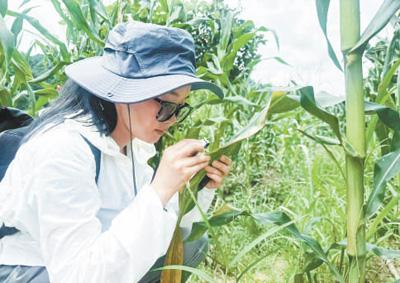CCTV News: In Tianjin Port, the largest automobile import and export hub port in northern China, on February 26, more than 4,000 domestically produced independent brands from the Beijing-Tianjin-Hebei region set sail from Tianjin Port Global Ro-Ro-Water to South America and other markets, which also set a new record for single-ship foreign trade export commodity vehicles in Tianjin Port. This batch of vehicles are "research and development in Beijing, manufactured in Tianjin, Hebei", covering a variety of types such as pure electric, hybrid and fuel vehicles.
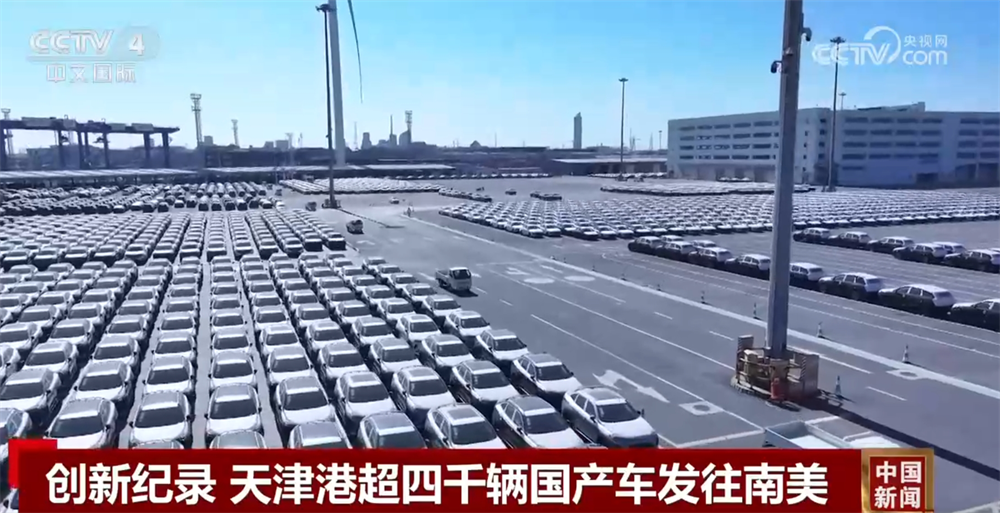
At present, Tianjin Port has ro-ro routes to more than 30 countries and regions including Europe, the Middle East, South America, etc. In particular, the new direct flights, Mexico's Ro-ro Ro route opened in January this year, has opened up a new strategic channel for China's automobile exports.
News Observation: Beijing, Tianjin and Hebei have handed in a "report card" for coordinated development
In the 11 years of coordinated development in Beijing, Tianjin and Hebei, the three places have handed in a brilliant report card. Over the past 11 years, the total economic output of the Beijing-Tianjin-Hebei region has crossed 6 trillion yuan steps. In 2024, the GDP growth rates of Beijing, Tianjin and Hebei reached 5.2%, 5.1% and 5.4%, respectively, both higher than the national average, with a total regional economic output of 11.5 trillion yuan, and the role of driving force to lead the country's high-quality development has been further demonstrated.
The new leap in the total economic output is behind the continuous optimization and upgrading of the industrial structure. Beijing's tertiary industry accounts for more than 80%, Tianjin accounts for more than 60%, and Hebei has the fastest growth. In 2024, the added value of the service industry in the Beijing-Tianjin-Hebei region was close to 8 trillion yuan, and the added value of industrial enterprises above the scale in the three places increased by 6.7%, 4.6% and 7.5% respectively over the previous year.
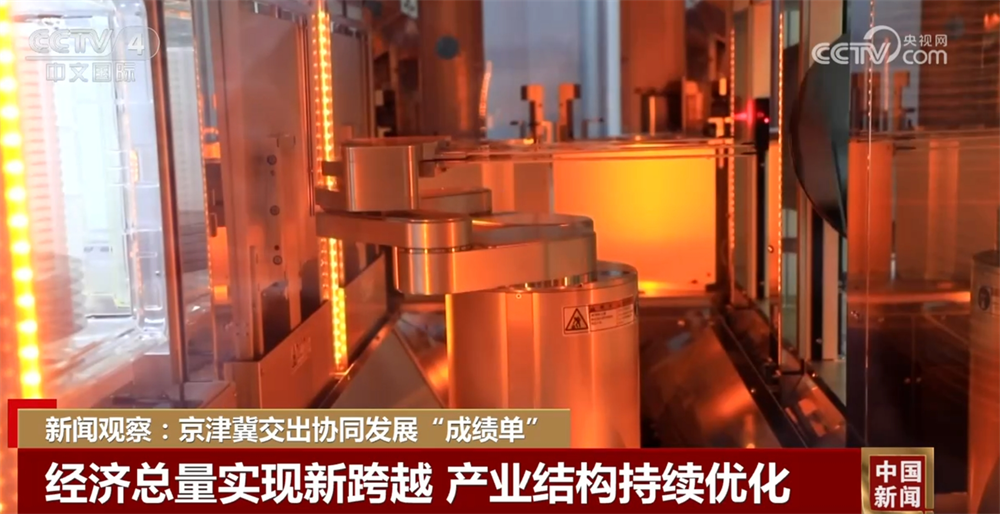
Industrial collaboration is one of the key areas of the coordinated development strategy of Beijing-Tianjin-Hebei. Data shows that the transaction volume of Beijing's technology contract flowing to Tianjin and Hebei increased from 7.12 billion yuan in 2013 to 84.37 billion yuan in 2024, and the "six chains and five groups" jointly built by the three places have achieved important phased results. In the Digital Intelligence Innovation Park in Wuqing District, Tianjin, it has gathered more than 240 high-demand data enterprises in Beijing, Tianjin and Hebei. As an important computing power infrastructure project for the coordinated development of Beijing, Tianjin and Hebei, the large bandwidth network here can directly reach the concentrated areas of Internet companies such as Beijing Yizhuang to realize point-to-point transmission. In the Beijing-Tianjin area, the delay is less than 0.5 milliseconds. Through such "massive" computing power and "high-speed" transmission, it serves the development of industries such as finance and connected vehicles.
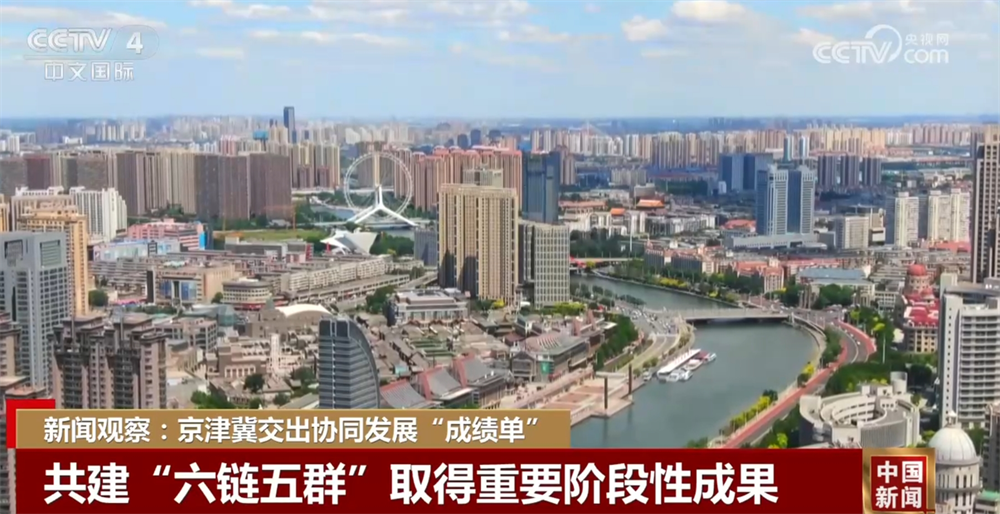
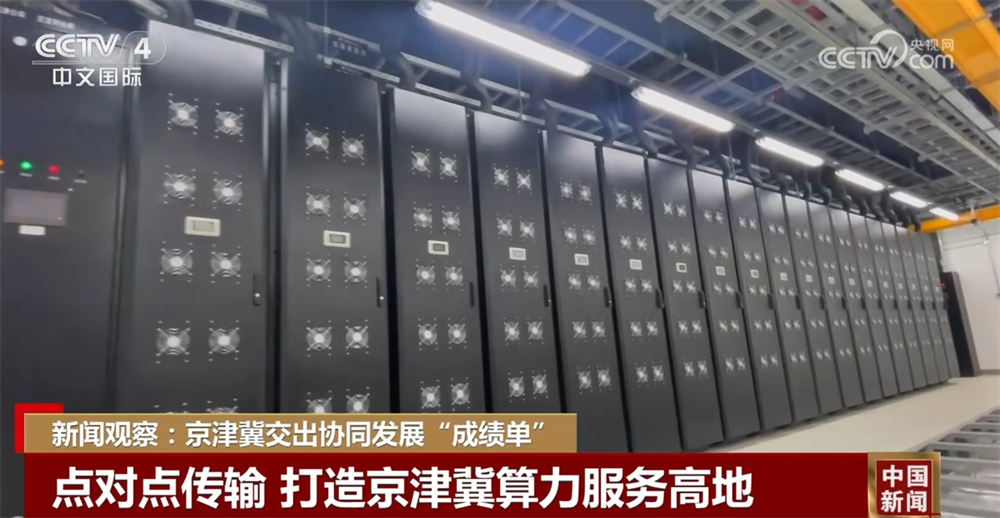
As of now, the three places have cultivated seven national advanced manufacturing clusters, including the Beijing-Tianjin-Hebei integrated circuit cluster, the Beijing-Tianjin-Hebei intelligent connected new energy vehicle cluster, and the Beijing Haidian artificial intelligence cluster. The three places jointly build 8,000 acres of Beijing-Tianjin-Hebei automobile ecological port, and autonomous driving can achieve cross-domain full-scene application. In 2024, new energy vehicles in the three places increased by 1.7 times year-on-year.
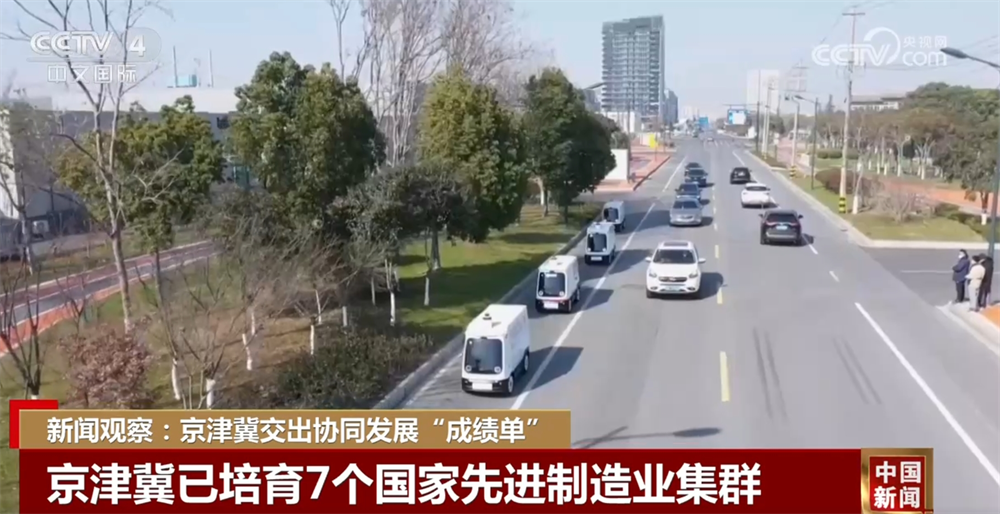
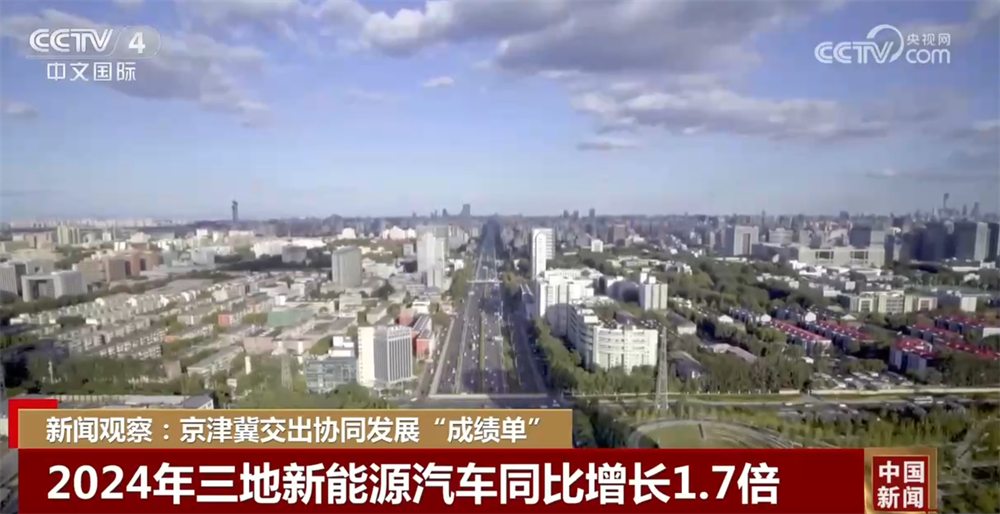

From the perspective of public services, 30 new Beijing-Tianjin-Hebei medical alliances were added in 2024, with a total of 70. More than 1,100 medical institutions were included in the mutual recognition scope of the four provinces of Beijing-Tianjin-Hebei-Shandong, and 60 clinical test results projects achieved mutual recognition within the region. The "one-hour traffic circle" is progressing steadily, the main project of the comprehensive transportation hub of Beijing Urban Sub-Center Station is basically completed, and the factory road is completed and opened to traffic.
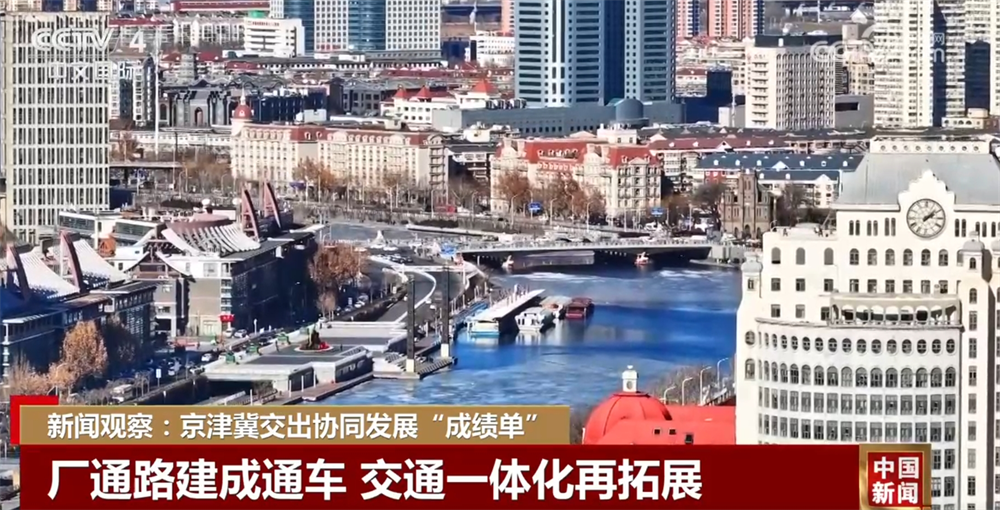
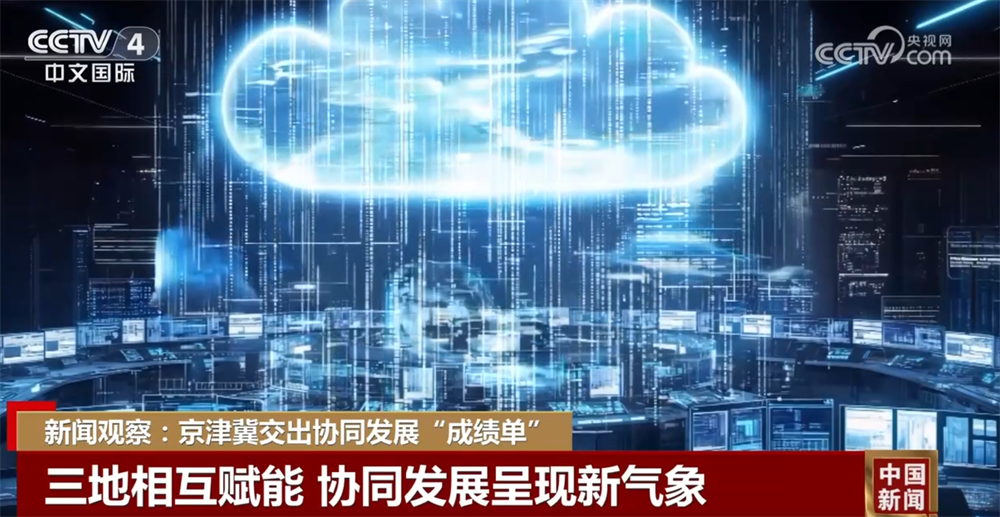

Industry insiders said that the three lands firmly hold on to the "bull's nose" of relocation of Beijing's non-capital functions, promote the coordinated development of the "two wings" of Xiongan New Area and Beijing's urban sub-center, sing the "two cities" of Beijing and Tianjin, have many highlights of coordinated development in key areas, and the integrated development of key areas continues to deepen. The three places complement each other's advantages and empower each other, and the coordinated development presents a new atmosphere.





